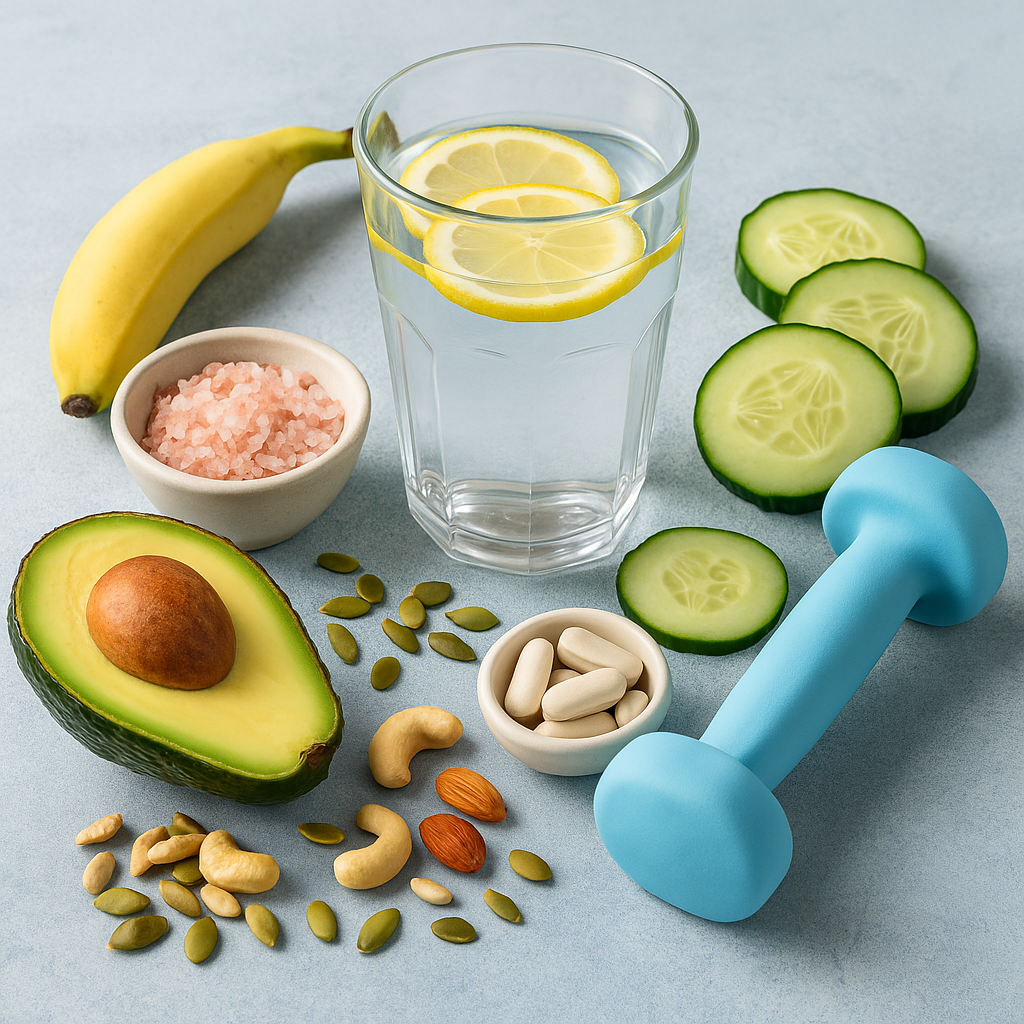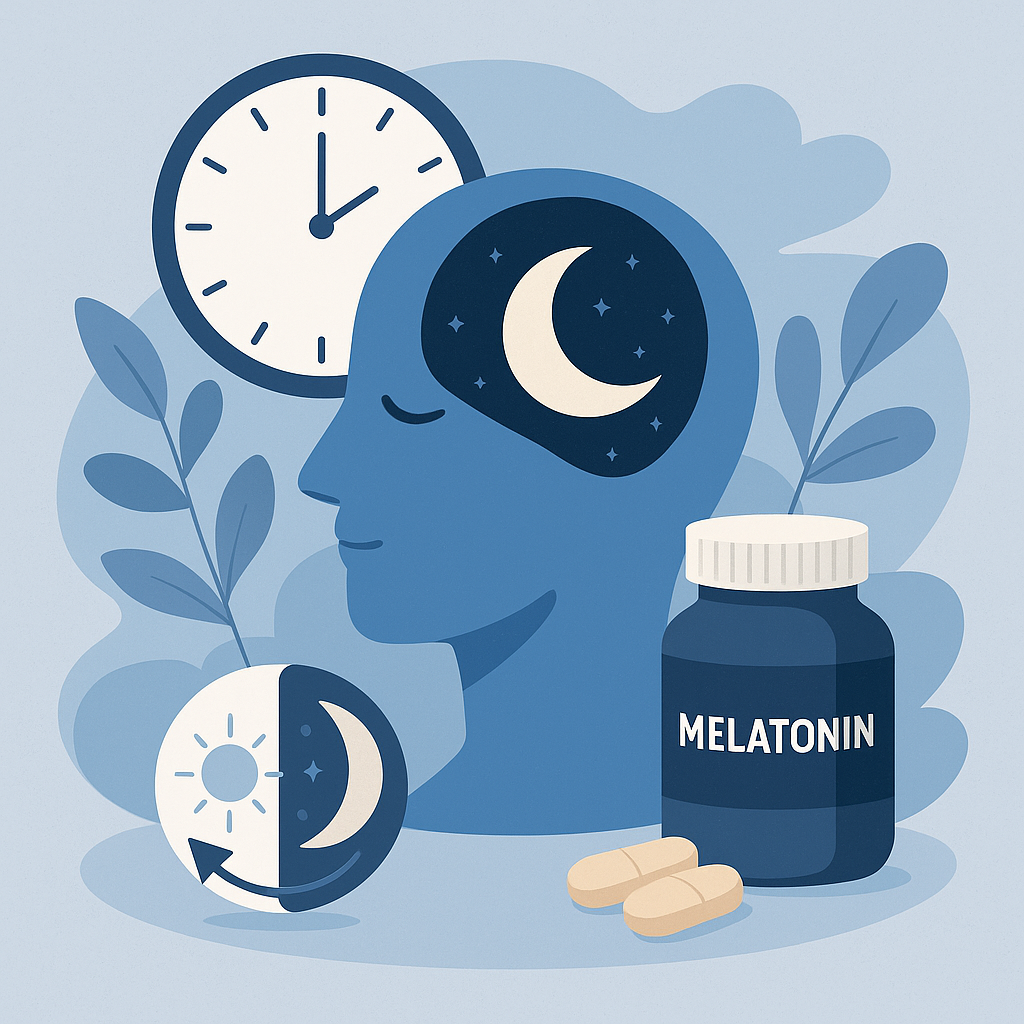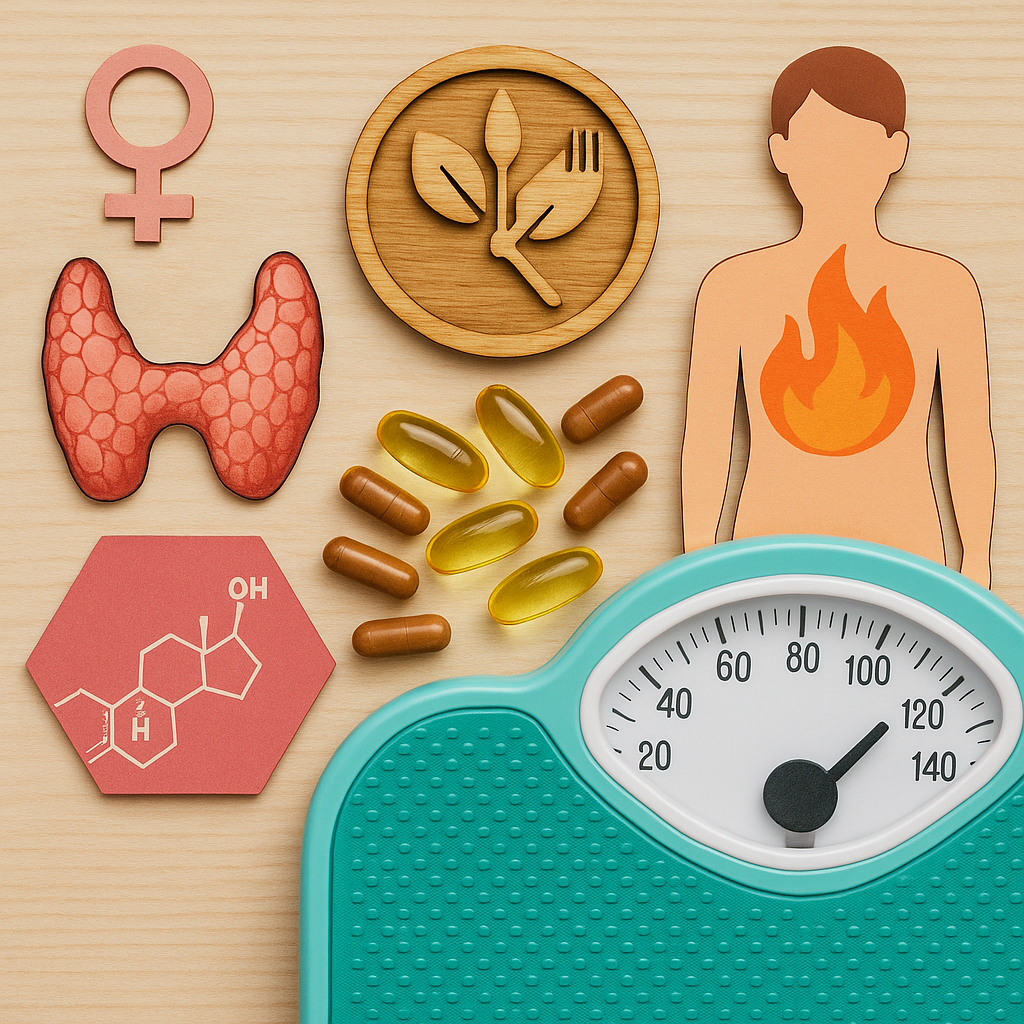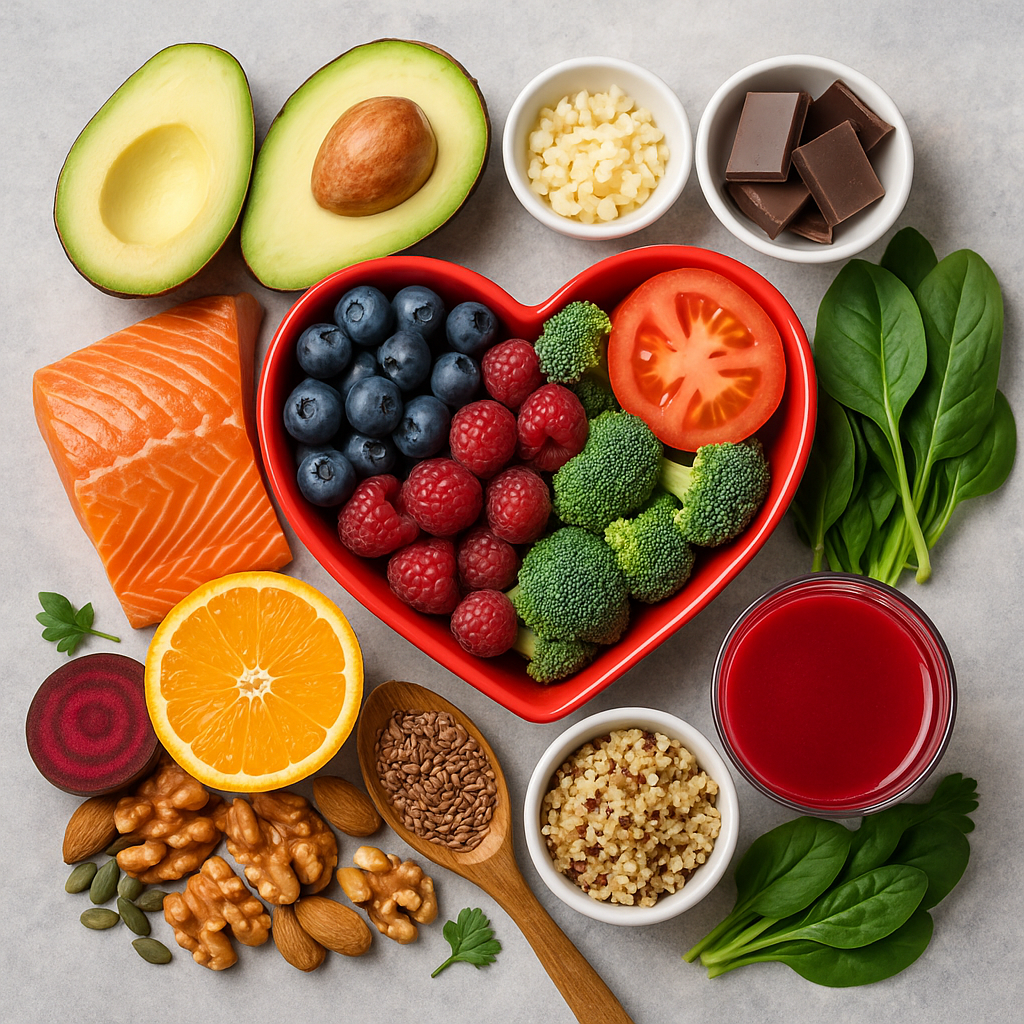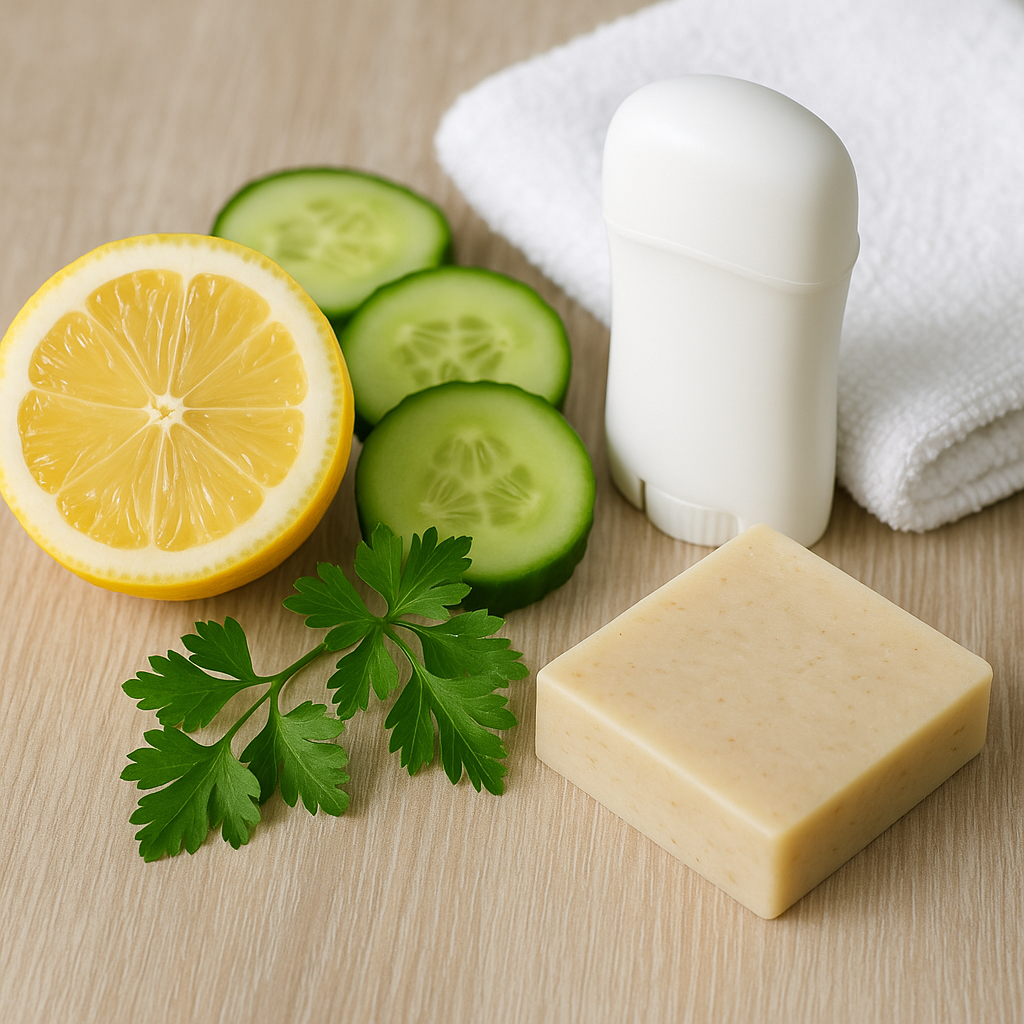News — LongLifeNutri
The Role of Electrolytes in Hydration and Muscle Function: Causes and Symptoms of Imbalance
calcium electrolyte complex electrolyte deficiency electrolyte imbalance electrolyte supplements electrolytes hydration hydration and performance hydration tips keto electrolytes LongLifeNutri low electrolytes magnesium muscle cramps muscle fatigue potassium rehydration sodium sports hydration sweat loss
Electrolytes are more than just a buzzword on sports drinks — they are vital minerals that regulate countless physiological processes, especially hydration and muscle function. These electrically charged minerals, including sodium, potassium, calcium, and magnesium, ensure that your cells, nerves, and muscles function properly. Without balanced electrolytes, your body can’t maintain fluid equilibrium or support normal muscle contraction and relaxation.
Electrolyte imbalance can lead to dehydration, muscle cramps, fatigue, irregular heartbeat, and even more serious health issues if left unchecked. From high-performance athletes to everyday individuals, understanding how electrolytes work — and how to keep them balanced — is essential for maintaining health and performance. In this article, we’ll explore the critical roles electrolytes play, what happens when things go out of balance, and practical strategies to stay hydrated and energized.
The Role of Melatonin in the Circadian Rhythm and Sleep-Wake Cycle
B6 and melatonin biological clock blue light sleep disruption brain and melatonin circadian rhythm insomnia jet lag jet lag remedy light and sleep LongLifeNutri melatonin melatonin benefits melatonin dosage melatonin for kids melatonin production natural sleep aids shift work sleep sleep hygiene sleep supplement sleep-wake cycle
Ever wonder why you start to feel sleepy around the same time each night? Or why traveling across time zones throws off your entire schedule? The answer lies in your body’s internal clock — the circadian rhythm — and a powerful hormone called melatonin. Often referred to as the “sleep hormone,” melatonin plays a crucial role in regulating when you feel alert and when it’s time to wind down.
Produced by the pineal gland in response to darkness, melatonin signals the body that it’s time to prepare for rest. But melatonin isn’t just about sleep — it’s an essential regulator of your entire circadian system. In this article, we’ll explore how melatonin influences your sleep-wake cycle, how modern life disrupts this rhythm, and natural ways to optimize your melatonin production for better rest and overall well-being.
The Role of Hormones in Weight Management: Causes of Hormonal Weight Gain and How to Fix It
adaptogens for weight loss cortisol belly fat estrogen dominance ghrelin hormonal belly fat hormonal weight gain hormone balance hormone detox hormone supplements hormones and weight insulin resistance leptin resistance liver detox LongLifeNutri low testosterone metabolism booster PCOS weight loss reset hormones naturally thyroid and weight weight loss for women
When it comes to weight gain, diet and exercise are only part of the picture. Hormones — the body’s chemical messengers — play a powerful, often overlooked role in regulating your metabolism, appetite, fat storage, and energy levels. If you're struggling to lose weight despite eating well and staying active, imbalanced hormones might be to blame.
From insulin and cortisol to estrogen and thyroid hormones, various hormonal imbalances can trigger weight gain and make fat loss more difficult. The good news? With the right strategies, you can restore hormonal balance and unlock your body’s natural ability to maintain a healthy weight. This guide explores the major hormones that influence your weight and offers practical solutions to reset your metabolism from within.
The Best Foods for Healthy Blood Vessels: Improve Circulation and Prevent Clogged Arteries
anti-inflammatory diet artery-cleansing foods beets blood vessel health cardiovascular diet circulation clogged arteries CoQ10 dark leafy greens endothelial function garlic for heart health heart support heart-healthy foods LongLifeNutri lower blood pressure naturally nitric oxide omega-3s polyphenols vascular health vascular supplement
Your blood vessels are the lifelines of your body, delivering oxygen and nutrients to every cell. When they’re healthy and elastic, circulation flows freely. But when arteries become clogged or stiff, the risk of serious conditions like high blood pressure, heart attack, and stroke skyrockets. Fortunately, the food you eat plays a powerful role in protecting your cardiovascular system — and in many cases, even reversing early signs of damage.
Certain foods are rich in nutrients that reduce inflammation, improve blood flow, and keep artery walls clear of dangerous plaque. From leafy greens to heart-healthy fats, simple dietary upgrades can significantly enhance your vascular health. In this guide, we’ll explore the top foods that support strong, flexible blood vessels and help you maintain circulation that keeps up with your lifestyle.
How to Reduce Body Odor Naturally with Diet and Lifestyle
body detox supplements body odor chlorophyll clean body smell detox for odor diet and body odor fermented foods gut health and odor internal deodorant liver detox LongLifeNutri magnesium and zinc natural deodorant natural hygiene odor-reducing foods probiotic foods reduce odor naturally stress and sweat sugar and body odor sweat and bacteria
Body odor is a common and often embarrassing issue that many people struggle with — but did you know that your daily diet and lifestyle choices may be part of the solution? While deodorants and antiperspirants can mask smells temporarily, they don’t address the underlying causes of persistent body odor. True odor control starts from the inside out, with what you eat, how you live, and how your body detoxifies itself.
Our sweat itself is odorless — it’s the bacteria on our skin breaking down sweat that creates unpleasant smells. Hormones, stress levels, hydration, and especially what we eat can all influence the way we smell. By making small but intentional adjustments to your routine, it’s entirely possible to naturally reduce or even eliminate body odor. This guide explores science-backed strategies to help you feel fresher, cleaner, and more confident — naturally.

